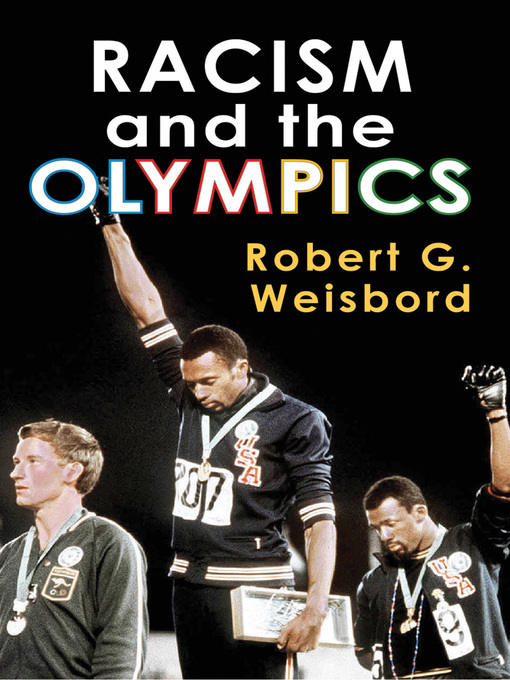- What's new?
- No wait, no problems
- Popular titles
- Check these out!
- Amazing Audiobooks for Young Adults
- See all audiobooks collections
1 of 1 copy available
1 of 1 copy available
-
Creators
-
Publisher
-
Release date
May 31, 2015 -
Formats
-
OverDrive Read
- ISBN: 9781412856348
- File size: 332 KB
-
EPUB ebook
- ISBN: 9781412856348
- File size: 332 KB
-
-
Languages
- English
Formats
- OverDrive Read
- EPUB ebook
subjects
Languages
- English
Loading
Why is availability limited?
×Availability can change throughout the month based on the library's budget. You can still place a hold on the title, and your hold will be automatically filled as soon as the title is available again.
The Kindle Book format for this title is not supported on:
×Read-along ebook
×The OverDrive Read format of this ebook has professional narration that plays while you read in your browser. Learn more here.
